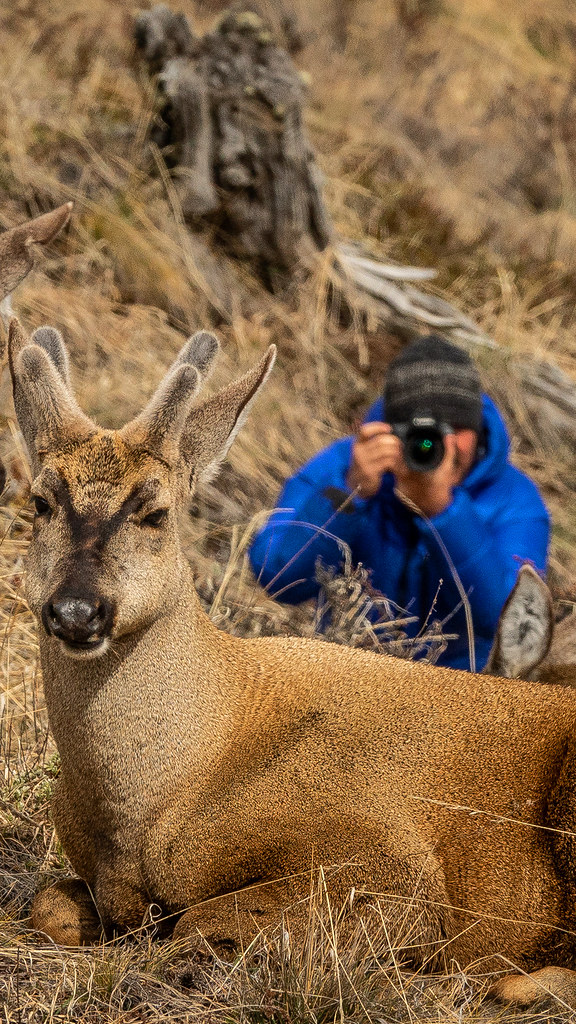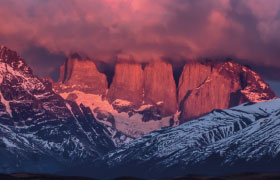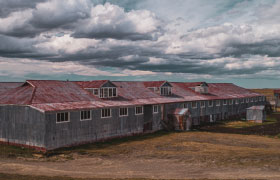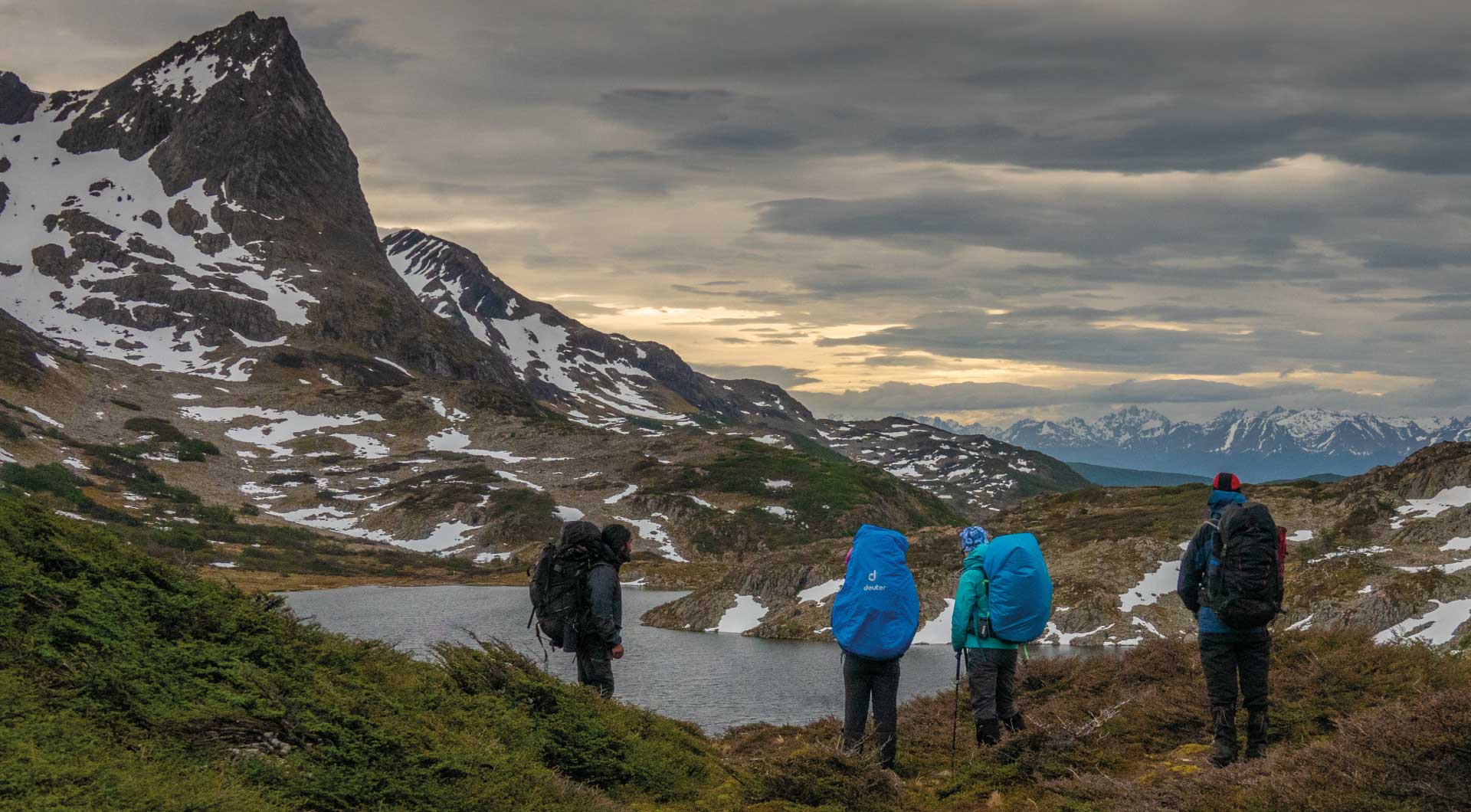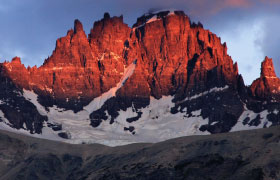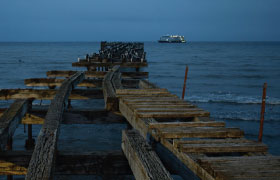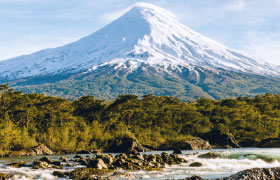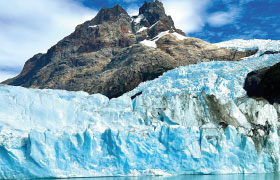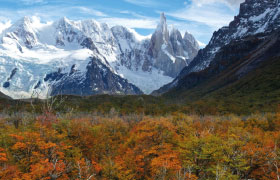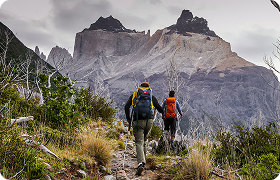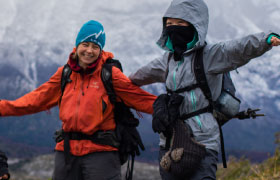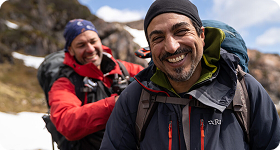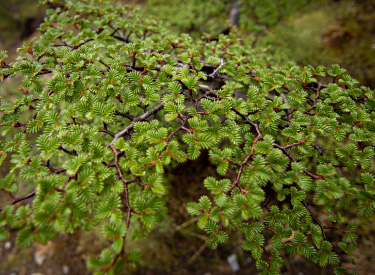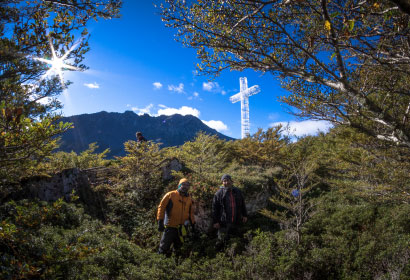
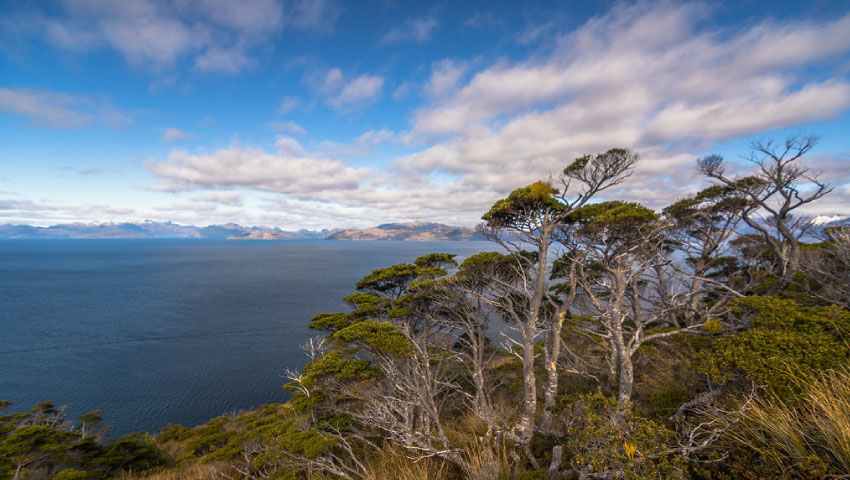
Huemul subpopulation discovered in Cape Froward: A landmark for a future National Park
In the place where the world begins, among fjords, subantarctic forests, and wind-swept coastlines, a recent discovery has sparked renewed hope: the confirmation of a new subpopulation of huemules (Hippocamelus bisulcus) in Cape Froward, south of the Strait of Magellan. This finding, led by Fundación Rewilding Chile, CONAF, and researchers from various institutions, marks a key milestone in the protection of this endangered species and reinforces the ecological significance of this remote, ancestral, and wild territory.
Cape Froward: A natural sanctuary on its way to becoming a National Park
Located approximately 70 kilometers south of Punta Arenas, in the Brunswick Peninsula, Cape Froward is the southernmost point of the South American continent. Here, the legendary Route 9 comes to an end, giving way to a little-explored wilderness that has been undergoing a formal process to become a National Park since March 2024. The proposed protected area seeks to safeguard over 121,600 hectares of a unique ecosystem, home to endangered species such as the huemul, the ruddy-headed goose, pumas, and the Magellanic woodpecker, along with vast tracts of subantarctic forest, peat bogs, and pristine rivers.
The recent discovery of a huemul family (a male, a female, and a fawn) in a zone where the species had never before been documented, represents a biological breakthrough and a powerful call to strengthen conservation efforts.
Chile Nativo and its historical commitment to Cape Froward
Since 2012, Chile Nativo has developed a special connection with Cape Froward. That year, Gonzalo Fuenzalida, the company’s founder, carried out a scouting trip together with photographer Pablo Valenzuela, with the support of Whale Sound. This initial journey laid the foundation for the program we offer today, which includes visits to iconic landmarks such as the Cross of the Seas and the San Isidro Lighthouse.
In 2015, Chile Nativo was recognized with the Best of Travel award by Outside Magazine for a program that navigated through Cape Froward, Yendegaia National Park, and Navarino Island. Later, in 2017, we launched the Kayak to Cape Froward program, which combines trekking, navigation, and kayaking among humpback whales.
Recently, in November 2024, we took another step forward with the launch of the Backpacking Expedition to Cape Froward, a six-day trek from Punta Arenas to the southern tip of the continent, operated entirely by Chile Nativo. This immersive experience is designed to connect travelers with the region’s wildest nature, under strict sustainability principles.
Every aspect of this expedition is designed with a low-impact approach: we strictly follow Leave No Trace principles and implement comprehensive waste management, both organic and inorganic, ensuring that nothing is left behind in the natural environment. During the six-day excursion, a portable toilet is used, carried by a porter assigned exclusively to this task.
This allows us to collect and remove all sanitary waste from the operational area, fully complying with environmental regulations. In addition, we work with guides specialized in biodiversity and conservation, and we believe the expedition should not only avoid negative impacts, but also serve as an educational tool. Our travelers receive hands-on guidance on responsible behavior in wilderness areas. Our goal is not only to take them to a remote place, but to educate, inspire, and transform the way they relate to nature.
At Chile Nativo, we understand tourism not just as a recreational activity, but as a powerful tool for social transformation. Through programs like those we develop in Cape Froward, we aim to raise environmental awareness and foster a more respectful relationship between people and the ecosystems they visit. By exposing our travelers to pristine landscapes and remote communities, we promote a deeper understanding of the urgent need to protect these territories. We are convinced that an informed traveler who connects with nature becomes an agent of change, someone who actively supports the preservation of the places they’ve come to value.
In this way, well-managed tourism can become a catalyst for local development and long-term conservation.
Why does the discovery of a huemul subpopulation matter?
The huemul is a national symbol of Chile, featured on the country’s coat of arms, yet it currently faces serious threats due to habitat loss, illegal hunting, and fragmented populations. The confirmation of a new subpopulation in such a southern location is not only a significant scientific finding, it also brings hope for the future of this species.
Discoveries like this highlight the urgent need for responsible tourism, one that adds value and awareness to these fragile territories rather than negatively impacting them.
A conscious invitation
We extend an open invitation to all explorers seeking a transformative experience: to walk to the edge of the continent with an open mind and a strong will to protect its ecosystems. Exploring Cape Froward is more than a physical challenge, it’s an opportunity to reconnect with the Earth and to see the southern landscapes through new, more conscious eyes.
